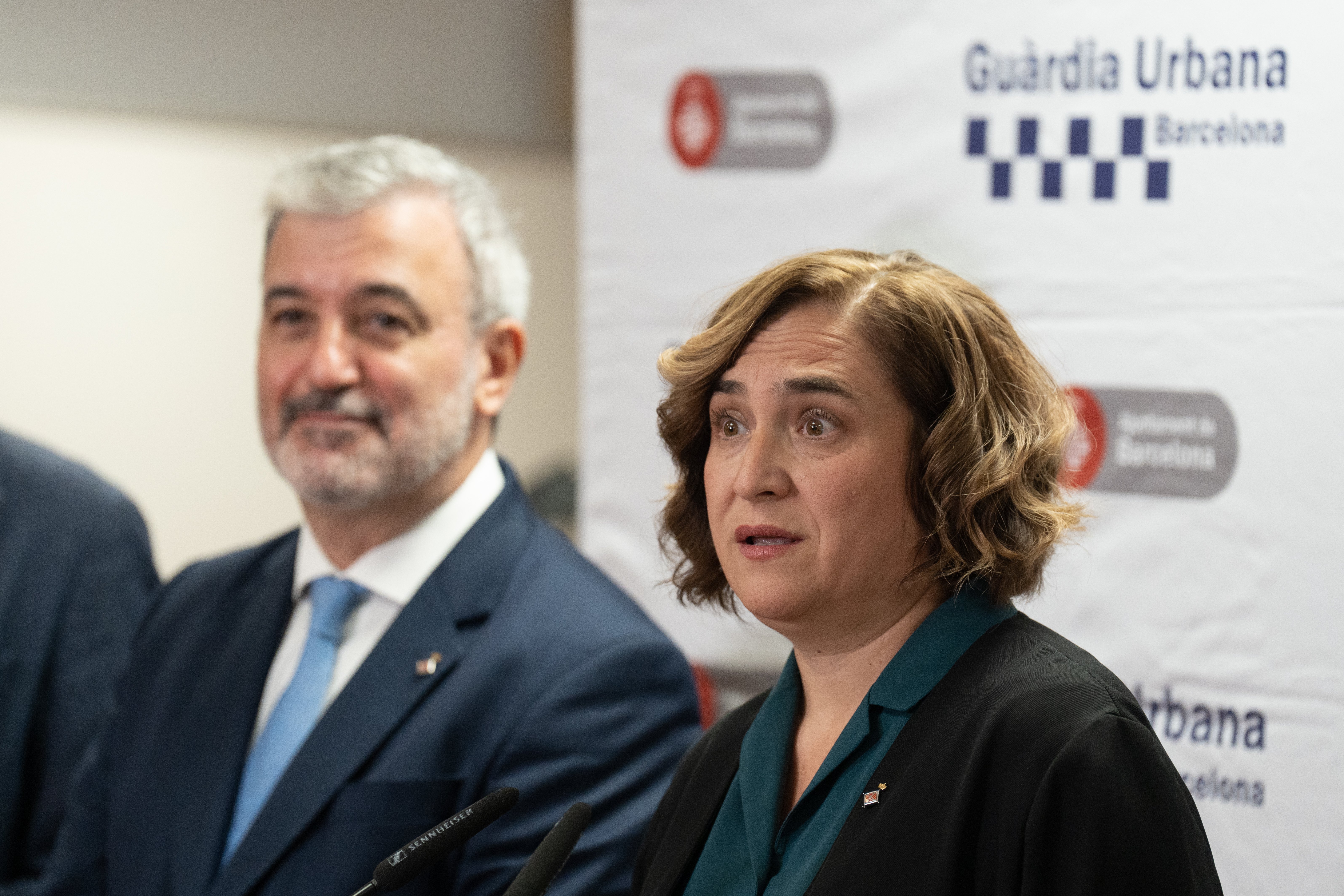The Barcelona en Comú (BComú) candidacy, led by Ada Colau, will win the 2023 municipal elections, according to the pre-electoral macro-scale survey released this Thursday by CIS, the Spanish government's public polling agency, and the current mayor's rival for victory will be her key council partner over the last two terms, Jaume Collboni, the Catalan Socialist (PSC) candidate, with whom she has the numbers to make a deal to govern the city. The poll forecasts Colau to take between 11 and 13 councillors, and in fact, Collboni could even win the elections, with a range of 10 to 12 councillors. The third position, according to the CIS, would go to Xavier Trias, the Together for Catalonia (Junts) candidate, with 8-9 councillors and the fourth place to Ernest Maragall, from the Republican Left (ERC), with 6-7 councillors. Finally, Daniel Sirera, of the People's Party (PP), would win 2-3 councillors and the rest of the parties would fail to win representation on the council. The two-week campaign for the May 28th elections begins this Thursday night at midnight.

CIS pre-campaign poll results for the Barcelona City Council election due on May 28th, showing numbers of seats (top) and percentage of votes (bottom).
According to the macro survey data, Barcelona en Comú would get 24.8 percent of votes, and with 11-13 councillors would improve on the results obtained in 2019, when it won 10 councillors, and would rise from second to first position. In turn, the PSC would take 22.5% of the votes and go from the current 8 councillors to 10-12, and from third place to second. As for the Junts candidate Xavier Trias, who has a less party-oriented ticket labelled Trias for Barcelona, the CIS gives him third position, with 17.3% of the votes and 6-7 councillors, an improvement on the party's current five representatives but insufficient to become the new mayor.
According to the CIS, Ernest Maragall would be one of the major losers in the elections, since with 13.2 percent of the votes he would win 6-7 councillors, compared to the 10 council seats he obtained four years ago, falling from his position of election night winner in 2019 to fourth place. The tail end of the parties who win seats would be formed by the 2-3 councillors of the PP, with 7.0% of the votes which would, for the Spanish conservative party, mean a consolidation of its current presence, with 2 councillors. As for the rest of the parties, the coalition that awarded 6 councillors to Manuel Valls in 2019 will completely disappear, since neither Ciudadanos (2.3%), nor Valents (2.1%) will win representation. Neither would the pro-independence CUP, with 3.6% of the votes, nor right-wing Vox, with 3.4%.
This CIS survey was carried out from almost 22,000 interviews throughout Spain between April 10th and 16th. In the case of the city of Barcelona, 1,609 interviews were carried out on the municipal election voting intentions in the capital of Catalonia.

